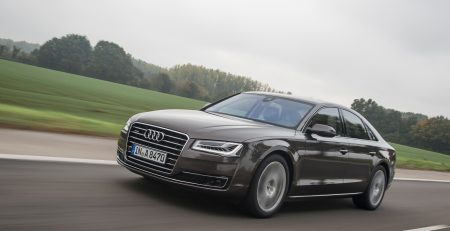London announced a T-charge from late 2017 for Euro 4 (EU4) vehicles, while Stuttgart banned Euro 5 too. Will London step u read more
Why should we let clock changing put road safety at risk?
The clock changing will allow for an extra hour in bed, but when compared to the significant increase in deaths and injuries during the autumn and winter months, is that one sleep in worth it?
During the months that follow the turning back of the clocks driving becomes a tougher task, not only because of the adverse weather conditions, but also as a result of the early evenings and low sunsets at peak driving times in the afternoon when children are walking home from school.
Last year, pedestrian deaths rose from 39 in October to 66 in November and 73 in December, according to the Department for Transport Reported Road Casualties Great Britain: 2014 Annual Report. The same report also found that the overall casualty rate increased from 637 per billion vehicle miles in October to 673 per billion vehicle miles in November.
The UK's current system has often faced criticism, with the idea that a decision to adopt Single/Double British Summertime (SDST) would cut out needless fatalities and countless accidents and injuries would be avoided. SDST would involve adopting a GMT+1 during the winter months, and GMT+2 in the summer, leading to lighter evenings all year round.
Lighter evenings would reduce the risk of accidents on the road, as outlined by research from the 1968-1971 experiment, which saw British Standard Time (GMT +1) employed throughout the entire year. As a result around 2,500 deaths and serious injuries were saved each year throughout the experiment.
Though there are arguments that support the current system, with some opposing a switch to all year round BST as it would mean constant dark mornings, again making the walk to school dangerous for children. Workers who use the roads early in the morning may also oppose the change to SDST.
However, those cons hardly weigh up when comparing the morning peak to the late afternoon peak, which factors in motorists that are more tired after a day's work, children that tend to digress on their way home, adults that tend to go shopping or visiting friends after work, and leisure trips most likely to be made around that time zone.
What do you think of the effects that clocks going backwards has on road users?




